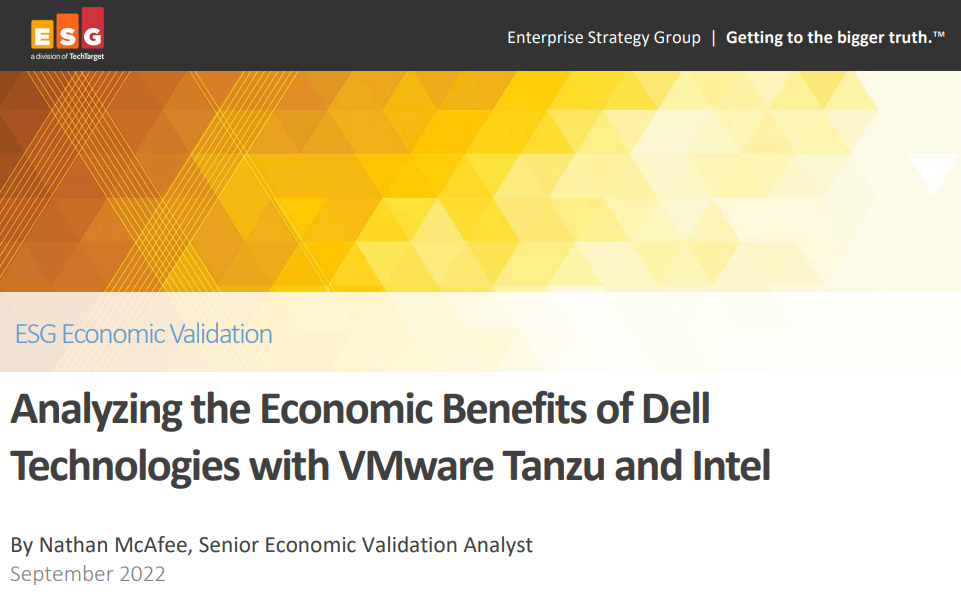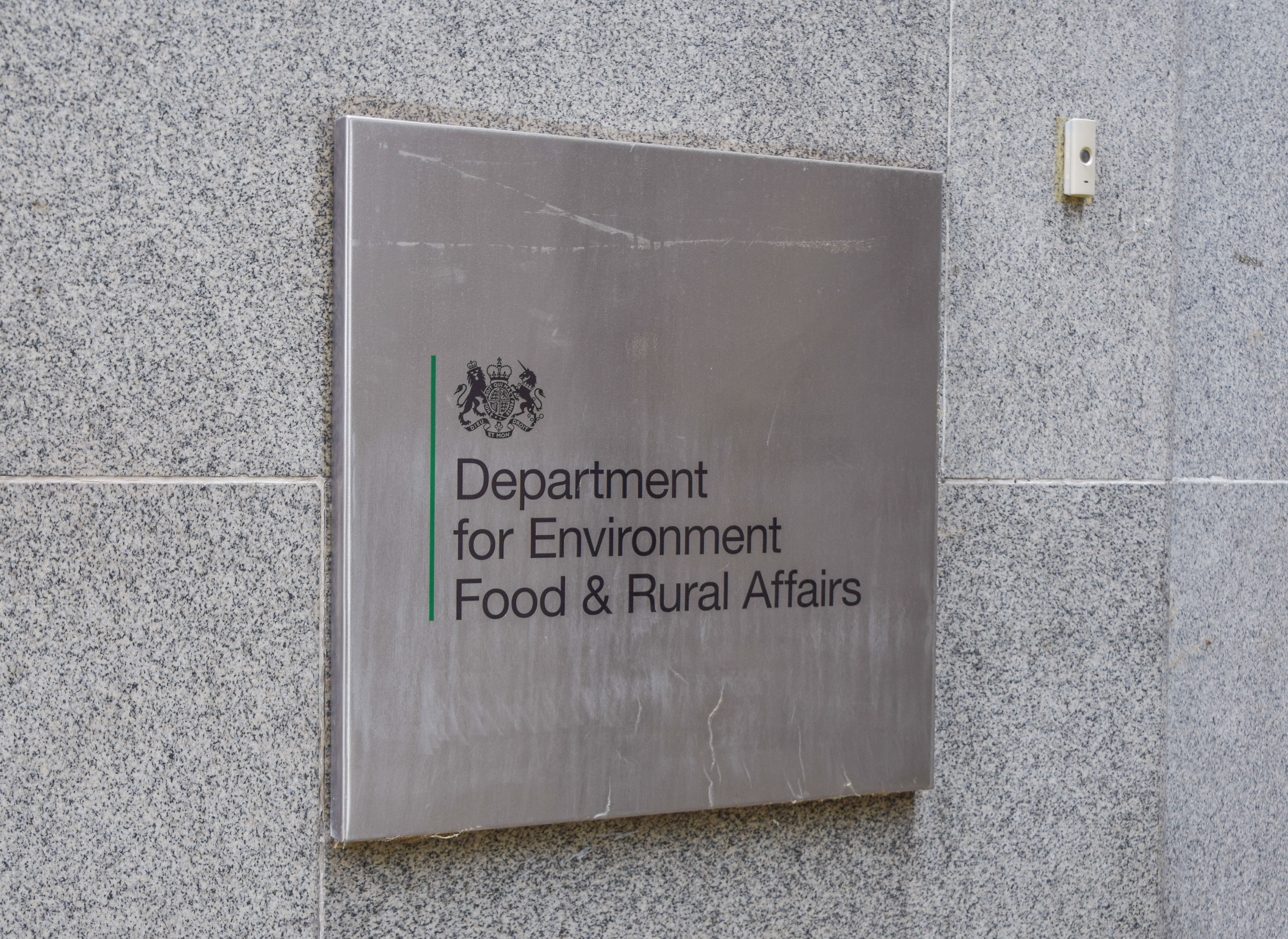Ericsson and UNICEF to map school internet access in 35 countries
The partnership plans to identify and fix the connectivity gaps by 2023


Ericsson is partnering with UNICEF on a project designed to identify connectivity gaps in schools and their surrounding communities in a bid to tackle lack of access to digital learning.
The partnership, which is part of the Giga Initiative, plans to identify and address connectivity gaps across 35 countries by 2023.
Launched in 2019 and led by UNICEF and the International Telecommunications Union (ITU), the initiative aims to help an estimated 360 million young people who currently lack access to the internet by identifying those worst affected and increasing their access to resources and opportunities.
Ericsson, which is the first private sector partner to make a multimillion-dollar commitment to the initiative, is to provide funding and facilitate the collection, validation, analysis, monitoring, and visual representation of real-time school connectivity data.
The data generated through the mapping will inform governments and the private sector on how to design and deploy digital solutions, which will address the connectivity issues and provide better internet access for the youth.
Heather Johnson, VP of Sustainability and Corporate Responsibility at Ericsson, said that the company is ��uniquely positioned to be a key partner in helping address this important issue due to our technology expertise, global scale, decades of experience in public/private partnerships, and proven results connecting students and educators”.
“Working together with partners, like UNICEF and the ITU, amplifies the potential impact of school connectivity and is a concrete first step in helping bridge the digital divide globally,” she added.
Get the ITPro daily newsletter
Sign up today and you will receive a free copy of our Future Focus 2025 report - the leading guidance on AI, cybersecurity and other IT challenges as per 700+ senior executives
According to Charlotte Petri Gornitzka, UNICEF’s deputy executive director of Partnerships, “the deepening digital divide is one of the many inequalities that the COVID-19 pandemic has underscored”.
“School closures, coupled with limited or non-existent opportunities for remote learning, have upended children’s education worldwide. Our partnership with Ericsson will bring us closer to giving every child and young person access to digital learning opportunities,” she said.
The initiative builds UNICEF's existing research in the field, having already launched a school mapping project in South America in 2018. Inspired by the efforts of researchers using data to combat the Zika virus outbreak of 2015-16, the organisation worked alongside Red Hat to develop an open source platform that spanned 22 regions. Through the project, researchers were able to identify that the majority of schools in Colombia had little or no access to the internet.
The new initiative with Ericsson is to involve 35 countries, with the first 10 being announced in the fourth quarter of 2020 and the remaining 25 to follow in 2021.
Having only graduated from City University in 2019, Sabina has already demonstrated her abilities as a keen writer and effective journalist. Currently a content writer for Drapers, Sabina spent a number of years writing for ITPro, specialising in networking and telecommunications, as well as charting the efforts of technology companies to improve their inclusion and diversity strategies, a topic close to her heart.
Sabina has also held a number of editorial roles at Harper's Bazaar, Cube Collective, and HighClouds.
-
 Bigger salaries, more burnout: Is the CISO role in crisis?
Bigger salaries, more burnout: Is the CISO role in crisis?In-depth CISOs are more stressed than ever before – but why is this and what can be done?
By Kate O'Flaherty Published
-
 Cheap cyber crime kits can be bought on the dark web for less than $25
Cheap cyber crime kits can be bought on the dark web for less than $25News Research from NordVPN shows phishing kits are now widely available on the dark web and via messaging apps like Telegram, and are often selling for less than $25.
By Emma Woollacott Published
-
 Better together
Better togetherWhitepaper Achieve more with Windows 11 and Surface
By ITPro Published
-
 Transforming the enterprise
Transforming the enterpriseWhitepaper With Intel and CDW
By ITPro Published
-
 The top trends in money remittance
The top trends in money remittanceWhitepaper Tackling the key issues shaping the money remittance industry
By ITPro Published
-
 How Kantar revamped its IT infrastructure after being sold off
How Kantar revamped its IT infrastructure after being sold offCase Study Being acquired by a private equity firm meant Kantar couldn’t rely on its parent company’s infrastructure, and was forced to confront its technical shortcomings
By Rene Millman Published
-
 Deutsche Bank wraps up Postbank IT integration after bug-laden migrations
Deutsche Bank wraps up Postbank IT integration after bug-laden migrationsNews The IT merger is expected to generate annual savings of €300 million by 2025
By Daniel Todd Published
-
 Analyzing the economic benefits of Dell Technologies with VMware Tanzu & Intel
Analyzing the economic benefits of Dell Technologies with VMware Tanzu & IntelWhitepaper ESG economic validation
By ITPro Published
-
 Defra needs £726 million to modernize pervasive legacy IT issues
Defra needs £726 million to modernize pervasive legacy IT issuesNews A significant portion of IT systems are reportedly still in extended support or are fully unsupported
By Ross Kelly Published
-
 Former TSB CIO fined £81,000 for botched IT migration
Former TSB CIO fined £81,000 for botched IT migrationNews It’s the first penalty imposed on an individual involved in the infamous migration project
By Ross Kelly Published